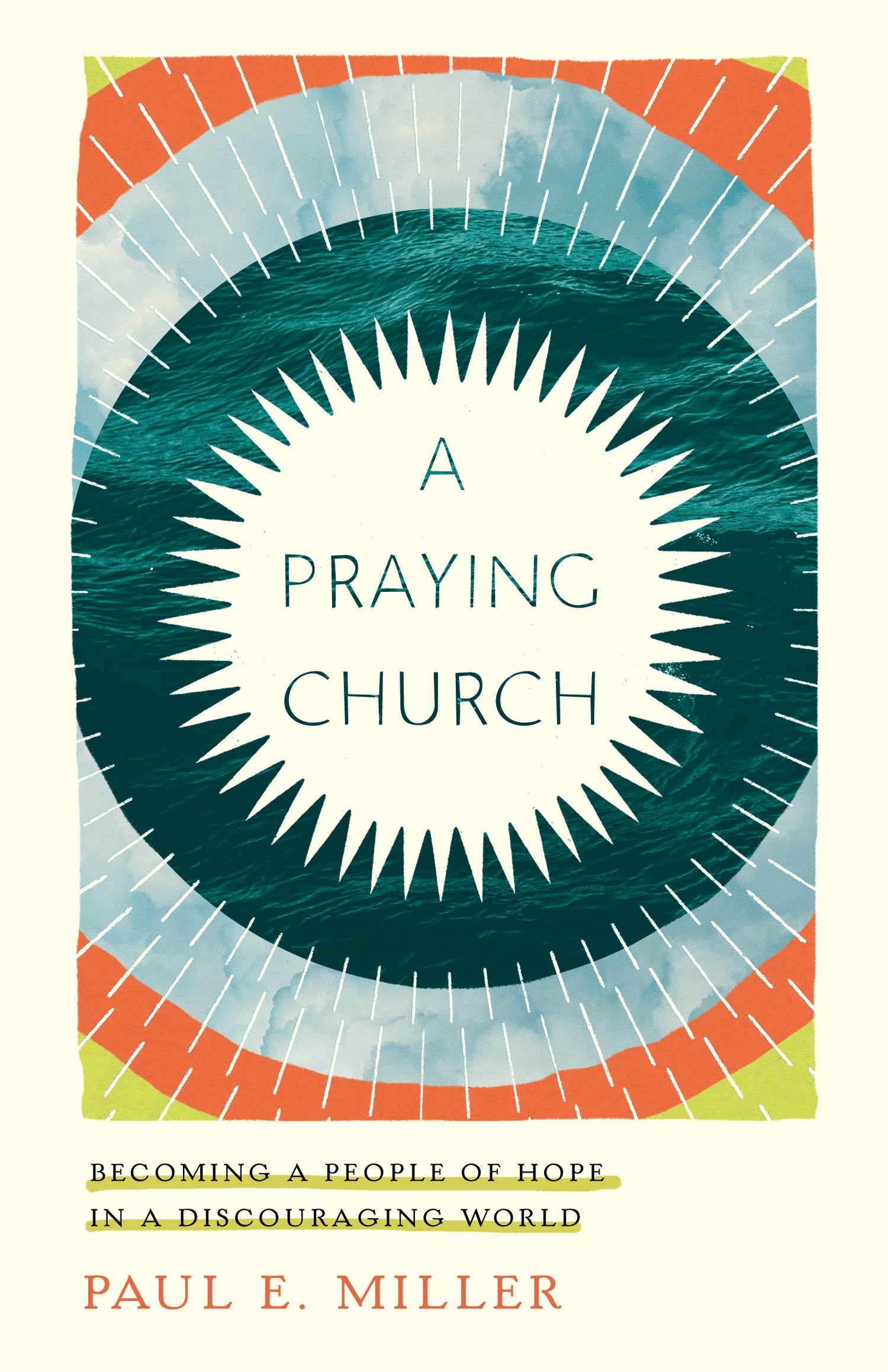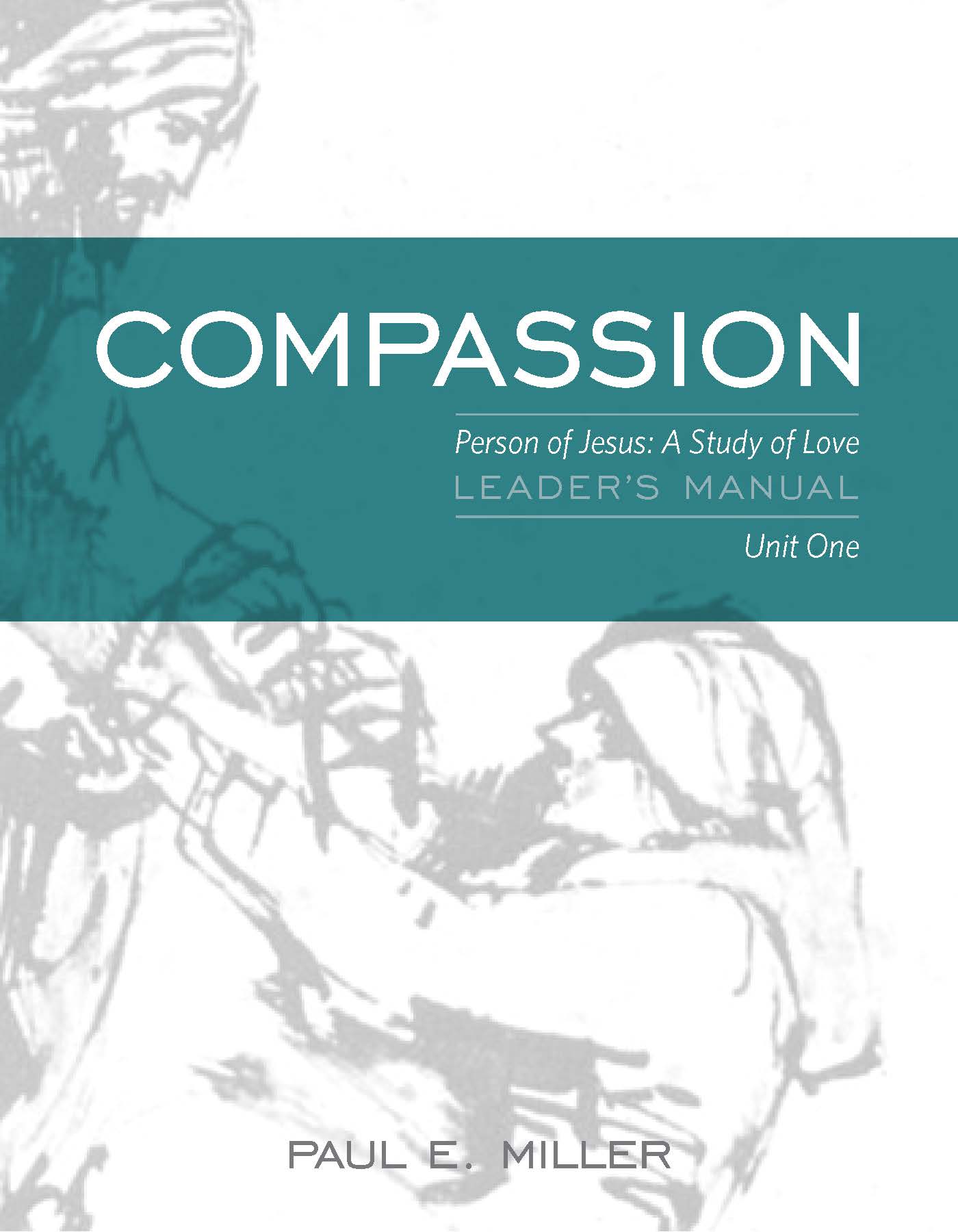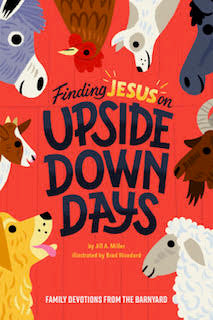Teaching stewardship was very much on our minds when our kids were growing up. In 1988, we were down at the Jersey Shore with Jill’s parents for a couple of weeks. The kids had been saving their spending money to spend at the shore. All good plans… until our son John, who was 12 at the time, decided to spend all his money on the first day, when we visited our favorite toy store.
I remember Jill quizzing him: “We’re going to be down here for two weeks, John. Are you sure you want to spend all your money on one Star Wars toy?”
John was, of course, absolutely certain of the decision. And sure enough, after three days, he wanted something else. He washed his grandparents’ car to earn a couple bucks; washed our car, and got a buck. Then he was able to get another item. But by the end of the week, he was going stark raving mad from lack of money.
I thought this was a great time to teach stewardship. “You sow what you reap. Money is not going to fall from the sky.” But Jill told him to pray. And I don’t know if he prayed, but the next morning, the kids came running back from the beach all excited, saying, “Dad, money’s washing in on the shore.”
And sure enough, it was. Containers were washing up on the beach and the one that came right in front of our rental house was, believe it or not, filled with money. The kids each got between $5 and $20. So much for my stewardship lesson!
Jesus does not disagree with stewardship. In fact, he affirms stewardship, but stewardship is like the fine print. What he really focuses on is this: loving.
A few years later, while walking and talking with a friend in Richmond, VA, it dawned on me that when it comes to money, Jesus assumes the wisdom of stewardship and teaches generosity and love. Jesus does not disagree with stewardship. In fact, he affirms stewardship, but stewardship is like the fine print. What he really focuses on is this: loving.
Consider the story of the widow’s mite, as told in Mark and Luke. This scene occurs in the last week of Jesus’ life, during which he was teaching daily in the temple area.
“Jesus looked up and saw the rich putting their gifts into the offering box. And he saw a poor widow put in two small copper coins. And he said, ‘Truly, I tell you, this poor widow has put in more than all of them. For they all contributed out of their abundance, but she out of her poverty put in all she had to live on.’”
While we typically call this the “Parable of the Widow’s Mite,” a mite is actually an English coin. The widow’s small copper coin would mostly likely have been a Greek “lepta,” a tiny piece worth one eightieth of a denarii. A denarii was a laborer’s wage for a day, maybe 200 dollars. That means she put five bucks in the offering plate in the temple.
Now, just think for a minute: Judas was paid 30 pieces of silver—almost certainly from the temple treasury—to betray Jesus. (We don’t know whether that was a shekel or a half shekel. You had to pay your temple tax in a half shekel, which was the equivalent of two denarii.) It would take 160 of the widow’s coins to make one shekel.
So where did the widow’s money go? It seems she gave to the organization that days later funded the judicial murder of Jesus out of its general budget. Why does Jesus honor a poor woman who recklessly gives away all her assets to an institution like this?
Jesus’ way of looking at this widow is different from ours. He looks at her heart.
Jesus’ way of looking at this widow is different from ours. He looks at her heart. And what does he see? He sees that she is worshipping, loving, trusting, depending on God; there are lots of ways to say it, but it all comes back to the heart. She’s not focused primarily on being a steward, but she is loving from her heart.
The emphasis in the church has almost been exclusively on stewardship. The dictionary definition of stewardship is “the conducting, the supervising, or managing of something, especially the careful and responsible management of something entrusted to one’s care, as in stewardship of natural resources.” By this definition, was God a steward when he gave us his son? Or was he something else?
Consider another parable—the parable of the talents in Matthew 25. The guy who buries his treasure is focused on stewardship. He will not lose that treasure, and he won’t let anyone pry it away from him. Was the master happy with his risk-averse “stewardship”? He certainly was not.
When Christians focus exclusively on stewardship in our conversations about money, we end up focusing on the preservation of money. Jesus’ approach to money is not so much as a steward as it is a kind of radical, daring investor—almost an entrepreneur, a venture capitalist. Jesus presumes stewardship, which accords with all the wisdom teachings in Scripture, but he teaches love.
Excerpted from the transcript of Money and the Heart, an audio seminar available for free. Artwork is Widow of Nain by Rembrandt.








